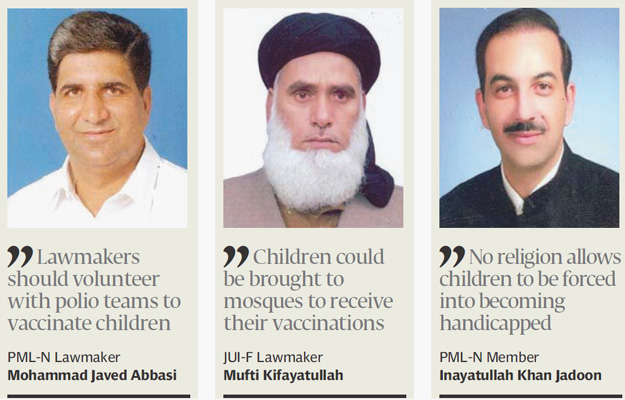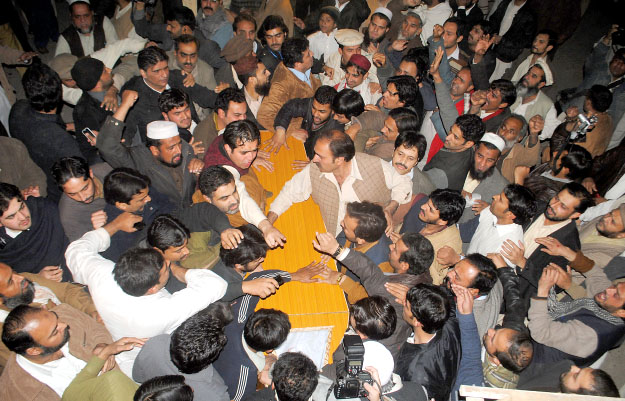
A collective has sprung into action against the amendments to PC-1 (project cycle) of Gorkhatri Archaeological Park that allows construction work on the historical site.
The ‘Save Gorkhatri’ coalition, which comprises of civil society and heritage organisations, academics and conservationists, has complained that the Khyber-Pakhtunkhwa (K-P) Archaeology Department plans to construct in the area with total disregard for the 1997 Antiquity Act that forbids construction on historical sites.
Six local organisations included in the campaign are the Gandhara Hindko Board, Frontier Heritage Trust, Idara Baraye Taleem-o-Taraqi, Da Lass Gul, Sarhad Conservation Network and the Peshawar chapter of the Institute of Architects Pakistan.
A source familiar with the matter told The Express Tribune that earlier in 2010-11, the archaeology department prepared a PC-1 with a fund of Rs150 million to establish an archaeological park called the ‘Gorkhatri Archaeological Complex’, envisioning an artisans village, construction of a glass superstructure over the archaeological trench and using it as a place to host cultural festivals to promote the city’s image as one of the oldest living cities in South Asia.
However, he said that later the PC-1 was amended and new structures were proposed, including a house for a religious cleric, a pavilion, a police check-post, a parking lot and a food street. He said that the archaeology secretary himself became the director for this project.
The source said that salaries of other workers on the project were being paid for six months, but no work had yet been completed. Other structures that already exist on the premises are a police check-post at a Mughal era gate and a marriage hall owned by K-P Minister for Tourism Syed Aqil Shah, despite the Supreme Court’s orders three years ago to demolish it.
Earlier on Thursday, the ‘Save Gorkhatri’ campaign issued a statement demanding an immediate halt to the construction. The committee is lobbying for Gorkhatri’s recognition as a UNESCO heritage site. It asked the government to create an inventory of endangered sites in K-P as so far only Takht Bhai is listed from the province.
Campaign members asked the Peshawar High Court to take suo motu notice against authorities involved in illegal construction. The first archaeological evidence of people living at the site goes back to the Indo-Greek period in 190-185 BC.
Published in The Express Tribune, October 20th, 2012.


























